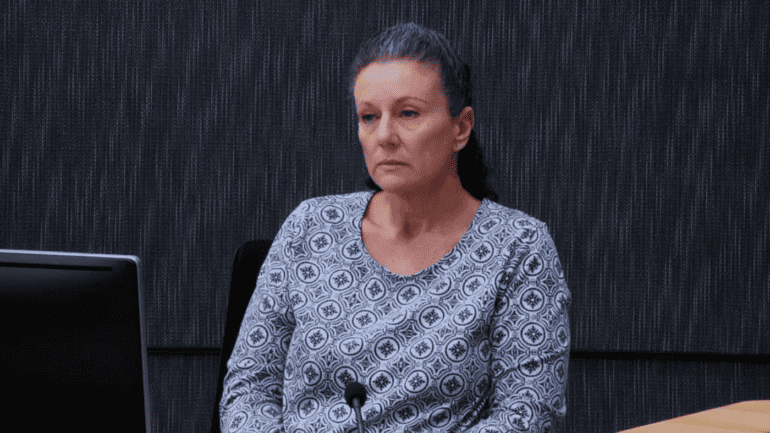Kathleen Folbigg was once thought of as Australia’s most prolific female serial killer, until 20 years into her sentence when forensic science proved the conviction wrong.
The risk of wrongful convictions like Folbigg’s might be greater than people realise.
In 2023, Griffith University found there were over 70 documented cases and an estimated 300 cases where a factually innocent person was convicted of crimes they did not commit.
Forensic physician Stephen Cordner told Crime Insiders that Australia’s criminal justice system needs a more systematic way of reviewing cases:
In 2021, Stephen Cordner was one of 90 eminent scientists who signed a groundbreaking petition calling for the immediate pardon and release of Kathleen Folbigg.
“She was wrongly convicted. Therefore she was wrongly imprisoned. It’s going to be really interesting to see how the government in New South Wales deals with compensation,” Cordner said.
At the time, there was no genetic testing done in preparation for the trial and Stephen believed the first inquiry dismissed evidence.
Stephen later conducted research that showed two of the children were very likely to have died from genetic abnormalities, which convinced the commission of inquiry that there was sufficient doubt.
Stephen says that Australia’s criminal justice system is not set up to identify mistakes, and that we need a criminal cases review commission.
“That would allow people in Kathleen’s position, at least after their conviction, to have and have another way of getting their case looked at,” he said.
“Just imagine being wrongly convicted and sitting in jail, your options are almost nil in terms of establishing your own conviction.”
Stephen talks through his research on the case in the latest episode of Crime Insiders: Forensics.
